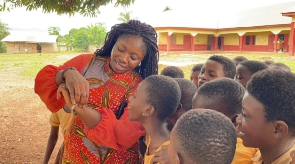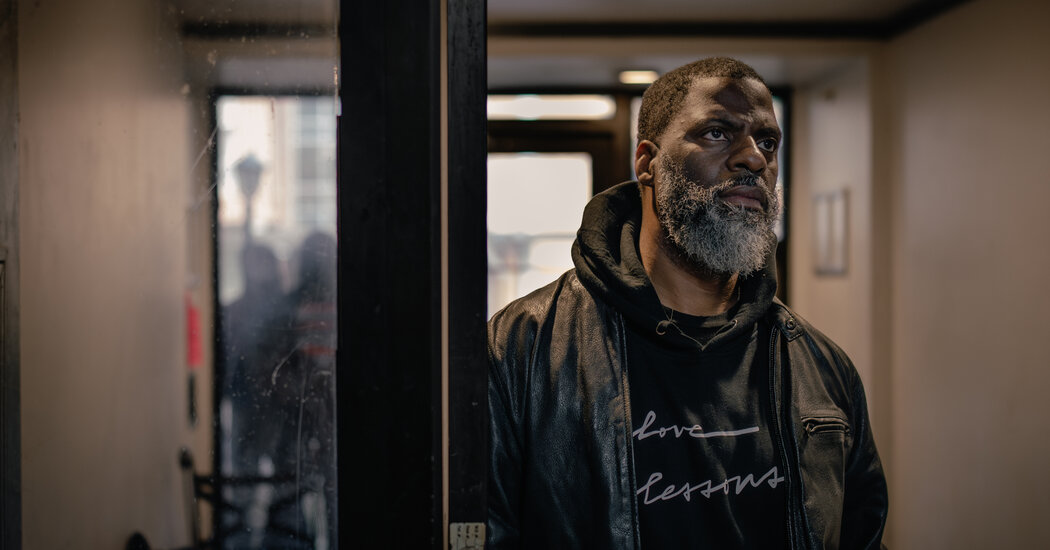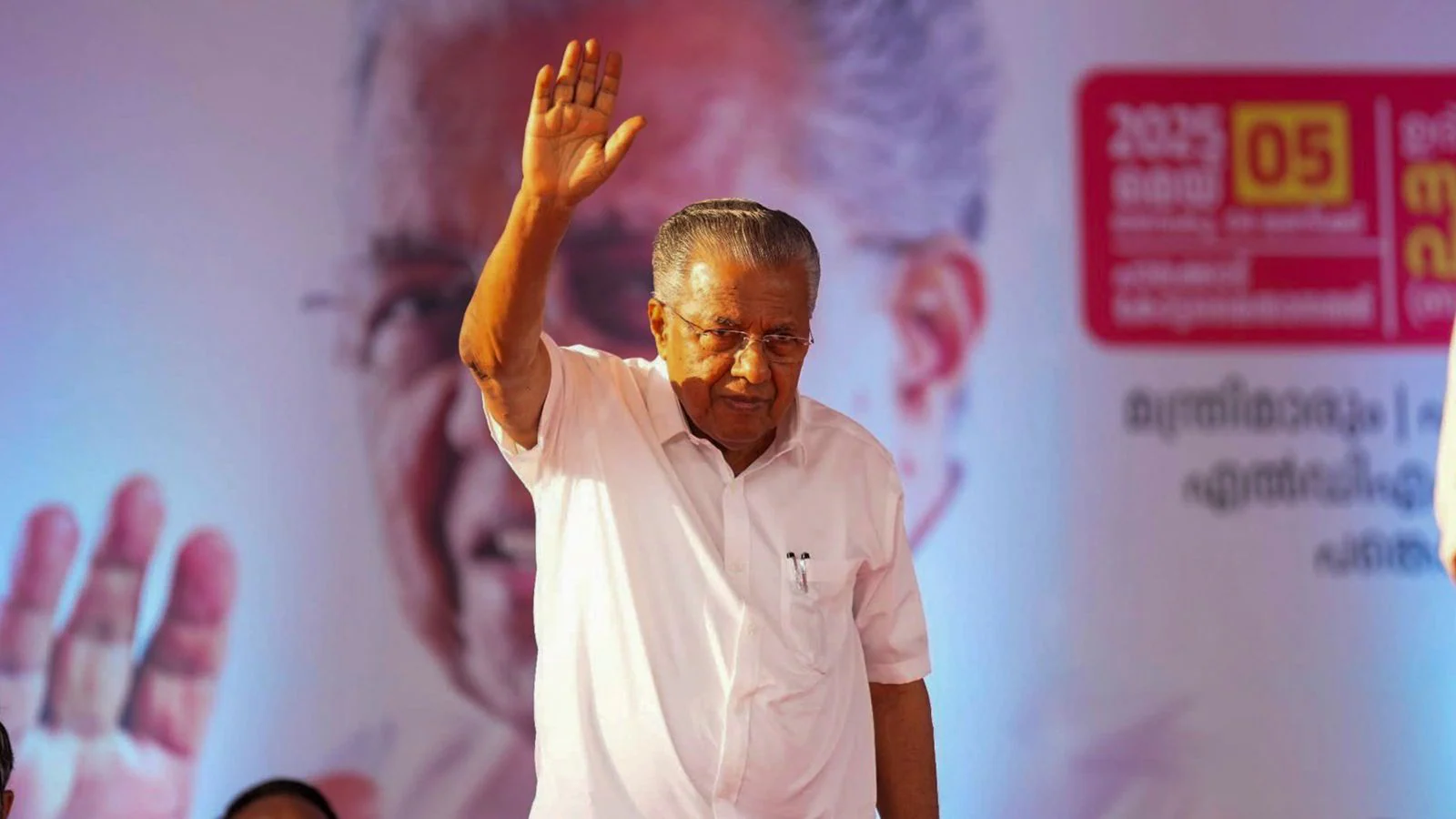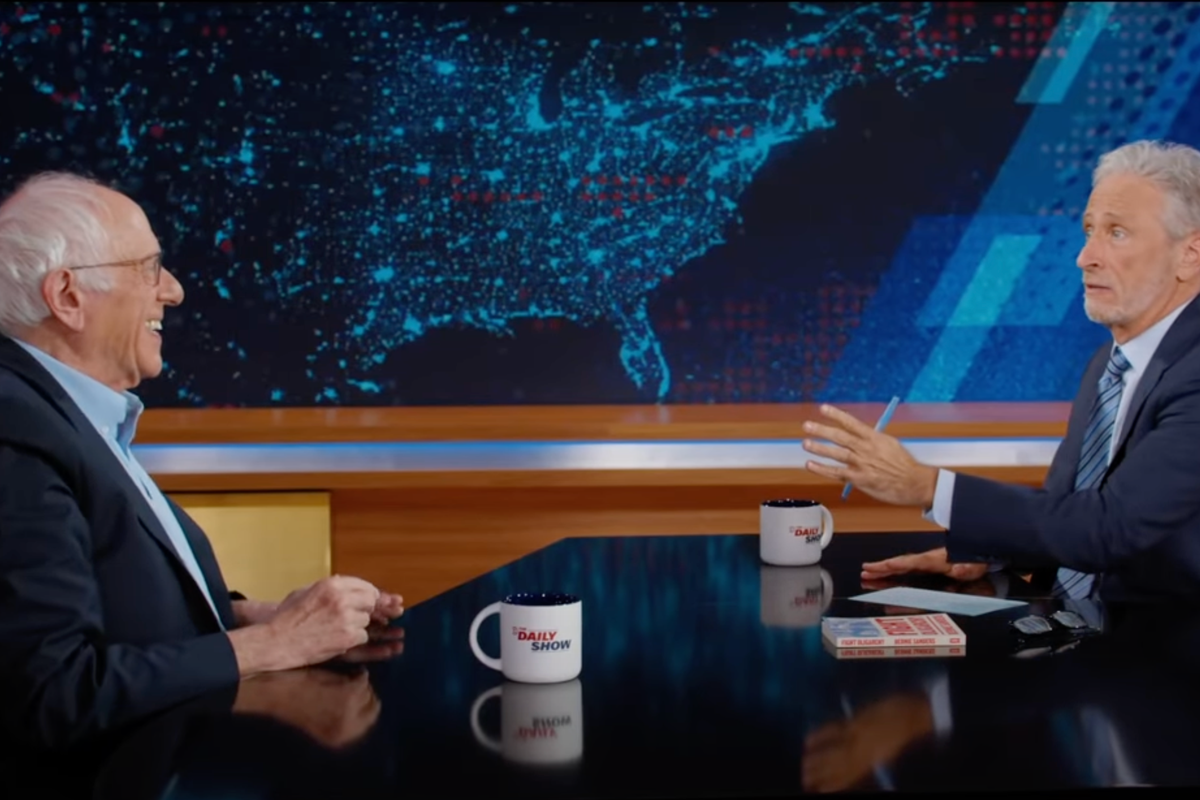Copyright asaaseradio

A senior lecturer at the University of Cape Coast, Ivy Kesewaa, has called for a more flexible language policy in basic education that allows teachers to use both English and local languages in classroom instruction. Speaking on the Asaase Breakfast Show on Monday (27 October), Kesewaa, who lectures at the Department of Education and Psychology, said a hybrid model known as translanguaging could bridge the gap between parental expectations and children’s actual learning needs. “Translanguaging allows teachers to use both English and the child’s mother tongue in the classroom,” she explained. “That way, we meet parents’ preference for English while also maintaining what works best in reality — comprehension and cultural identity.” Kesewaa said findings from her team’s ongoing studies across Ghana’s 15 regions show that children understand lessons better when taught in their mother tongue, particularly from Primary 1 to Primary 3, where foundational learning is critical. However, she noted that in many urban areas, the situation is more complicated due to the diversity of languages spoken by pupils, which often limits the effective implementation of the mother-tongue policy. “In purely urban communities, sometimes the children are not able to follow mother-tongue instruction quite well. At a point, we even thought that the policy seemed to favour rural dwellers more than those in urban areas,” she observed. Parents’ resistance and teachers’ challenges Dr. Kesewaa revealed that many parents, especially in rural areas, are reluctant to embrace mother-tongue instruction because they associate education primarily with English proficiency and upward mobility. “Parents feel that if you want us to use our mother tongue, then what’s the essence of education? We send our children to school so that they can learn English,” she said. Teachers also face major obstacles. Some are posted to communities where they cannot speak the local language, making classroom instruction difficult. She recounted an instance where a teacher who could not communicate in the pupils’ local dialect had to rely on a student interpreter until a replacement was brought in. Another challenge, she said, is that pupils are taught in local languages but assessed in English, which undermines comprehension-based learning and discourages consistent application of the mother-tongue policy. The case for translanguaging According to Dr. Kesewaa, translanguaging — the deliberate use of both languages as tools for thinking and communication — offers a more practical and scientifically grounded solution. She cited neuroscience findings showing that bilinguals often think in their first language when processing a second language, making the use of both languages in teaching a more natural and effective approach. “Bilinguals usually use their mother tongue as a crutch when processing what they are being asked in their second language,” she explained. “From our lab data and field observations, translanguaging seems to make a lot of sense.” While the approach is yet to be tested on a national scale, Kesewaa said her team intends to pilot the model in selected schools and, if successful, propose it for broader adoption. “If we find it suitable for every grade level, we’ll look at how to scale it so that all primary teachers can apply translanguaging competencies effectively,” she concluded. Asaase Broadcasting Company airs on Asaase 99.5 Accra, Asaase 98.5 Kumasi, Asaase 99.7 Tamale, Asaase 100.3 Cape Coast, AsaasePa 107.3 (Accra). Affiliates: Bawku FM 101.5, Bead FM 99.9 (Bimbilla), Mining City Radio 89.5 (Tarkwa), Nandom FM 101.9, Nyatefe Radio 94.5 (Dzodze), Sissala Radio 96.3 (Tumu), Somuaa FM 89.9 (Gushegu), Stone City 90.7 (Ho) and Wale FM 106.9 (Walewale). Listen online: asaaseradio.com, Sound Garden and TuneIn. X: @asaaseradio995, @Asaase985ksi, @Asaase997tamale, @asaase1003, asaasepa1073 Instagram: asaaseradio99.5, asaase985ksi, asaase100.3, asaase99.7tamale, asaasepa107.3 LinkedIn: company/asaaseradio995. TikTok: @asaaseradio99.5 Facebook: asaase99.5, asaase985ksi, Asaase100.3, asaase99.7, AsaasePa107.3. YouTube: AsaaseRadioXtra. Join the conversation. Accra: call 020 000 9951/054 888 8995, WhatsApp 020 000 0995. Kumasi: call 059 415 7985 or call/WhatsApp 020 631 5260. Tamale: call/WhatsApp/SMS 053 554 6468. Cape Coast: call/WhatsApp 059 388 2652. #AsaaseRadio #TheVoiceofOurLand



